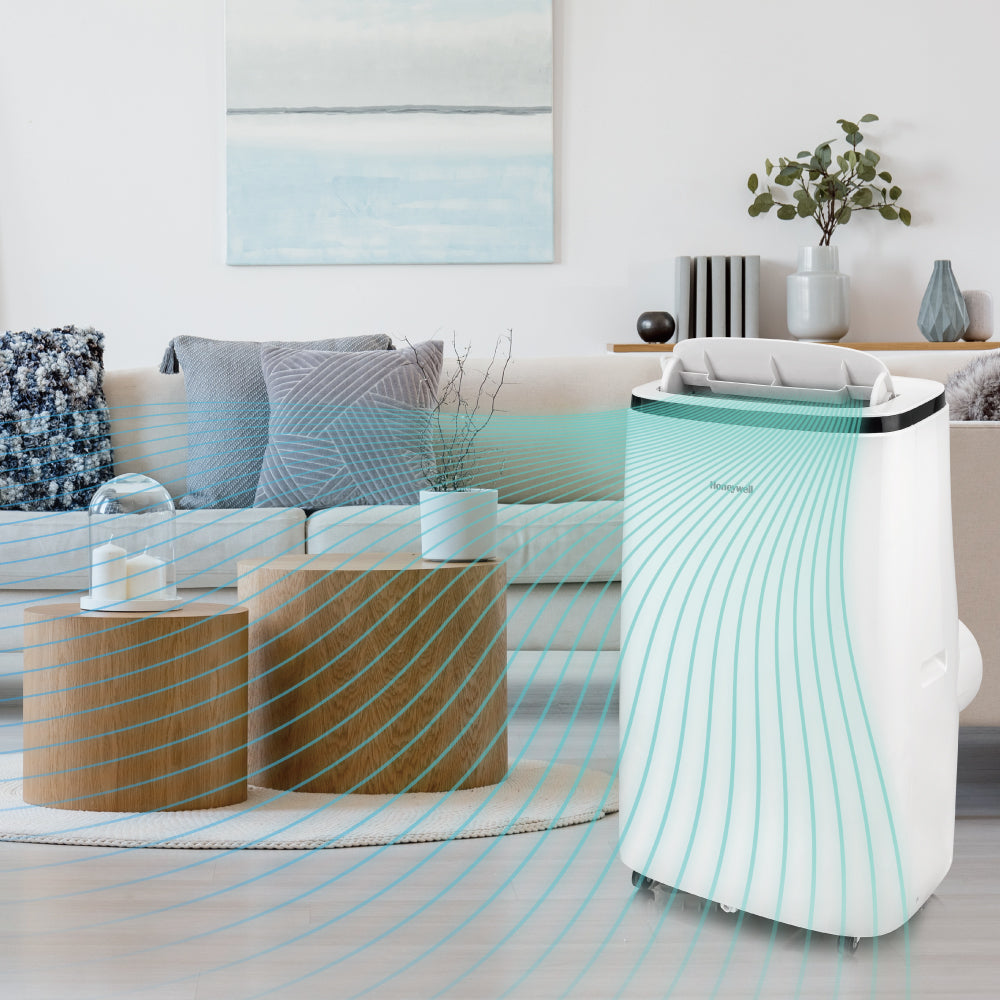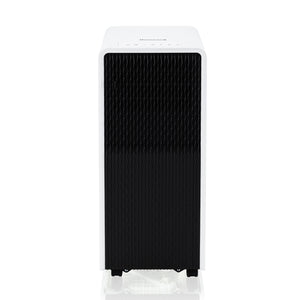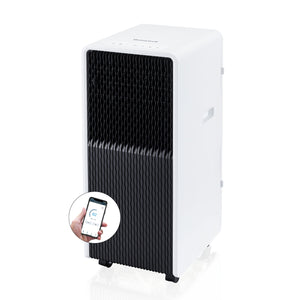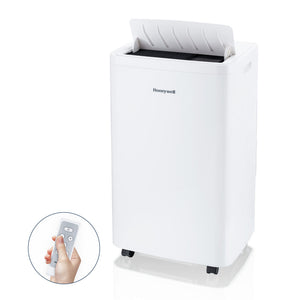
What Do ASHRAE and SACC BTU Ratings Mean?
When shopping for a portable air conditioner, you might have noticed two different BTU ratings on the packaging. Why are there two different numbers, and what do these ASHRAE and SACC ratings mean? A portable AC’s BTU (British Thermal Unit) rating measures the air conditioner’s cooling capacity. This is typically considered the most important factor when buying a new portable air conditioner. Essentially, a unit’s BTU rating determines how powerful it is.

What are the different BTU rating systems? There are two different rating systems for a portable air conditioner’s cooling capacity:
- ASHRAE (American Society of Heating, Refrigerating and Air-Conditioning Engineers) BTU – This is the old standard.
- SACC (Seasonally Adjusted Cooling Capacity) BTU – This is based on newer testing procedures that take different factors into account.

Why was the SACC BTU rating introduced? ASHRAE testing is conducted under temperature and relative humidity conditions that are ideal for air conditioning performance. These conditions, however, don’t necessarily represent real-life conditions. For example, you might be using a portable AC unit at 80°F or 90°F, in relative humidity of 50% or 60%. *The DOE introduced the SACC rating in October 2017 to better evaluate how portable air conditioners perform under different conditions. Essentially, it’s a weighted average of performance at various temperatures and humidity levels.* You will find that when looking at a portable air conditioning unit, the SACC rating will be lower than the ASHRAE rating. However, the actual cooling capacity hasn’t changed – the difference is simply due to the different testing procedure. There haven’t been any internal changes to the units, and their functionality remains the same.







